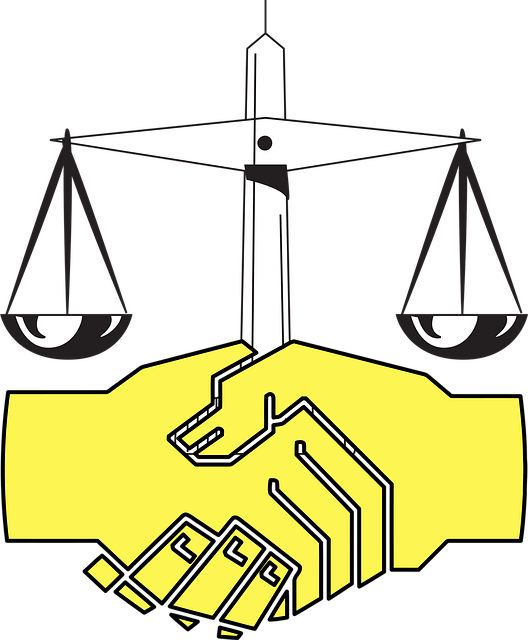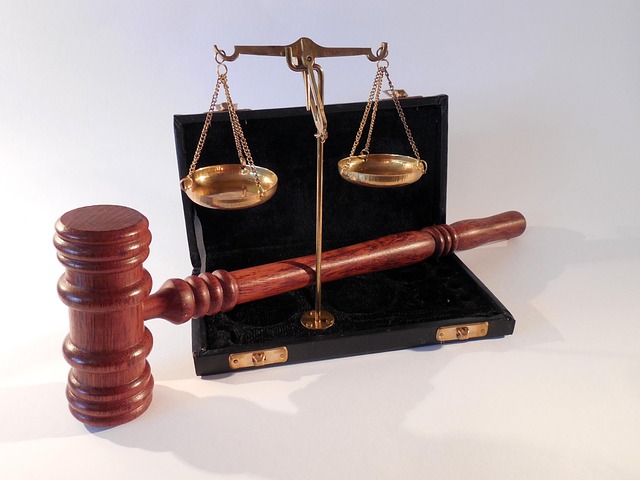Whistleblower protection laws are vital for encouraging ethical behavior and protecting individuals exposing corporate misconduct, especially in the digital age of e-commerce growth. Consumer Protection Laws for Online Purchases ensure fairness, transparency, and customer satisfaction in online transactions. Strategic legal planning, combined with knowledge of relevant laws and compelling evidence, can lead to successful whistleblower protection lawsuits, holding corporations accountable while safeguarding whistleblowers' rights.
Whistleblower protection lawsuits are a powerful tool for consumers to stand up against unethical business practices. In today’s digital era, understanding consumer rights in online transactions is more crucial than ever. This article delves into the intricacies of whistleblower protection laws, specifically focusing on consumer protection for online purchases. We’ll explore strategies for filing legal claims, empowering you with knowledge to navigate these complex issues and ensure fair practices.
- Understanding Whistleblower Protection Laws
- Consumer Rights in Online Transactions
- Strategies for Filing Legal Claims
Understanding Whistleblower Protection Laws
Whistleblower protection laws play a vital role in safeguarding individuals who expose illegal or unethical activities within organizations. These laws ensure that employees who take a stand against corporate misconduct are protected from retaliation, such as termination, harassment, or discrimination. Understanding whistleblower protection is crucial for both individuals seeking to do the right thing and businesses aiming to maintain integrity.
In today’s digital era, consumer protection laws for online purchases have further emphasized the need for robust whistleblower protections. Whistleblowers often uncover fraud, corruption, or violations of safety standards in various sectors, including e-commerce. By exposing these issues, they contribute to achieving extraordinary results in holding accountable those who break the law and protect the interests of philanthropic and political communities. Winning challenging defense verdicts relies on a solid understanding of whistleblower rights, ensuring that truth prevails and justice is served.
Consumer Rights in Online Transactions
When it comes to online transactions, consumers have rights that need safeguarding, especially in high-stakes cases where white collar defense is a key concern. Consumer Protection Laws for Online Purchases are designed to ensure fairness and transparency in digital marketplaces. These laws cover various aspects, from product descriptions and pricing to delivery times and return policies. In today’s digital era, navigating these protections is crucial for both consumers and businesses alike.
Protecting consumer rights is not just about adhering to legal obligations; it also fosters trust and encourages growth in e-commerce. By ensuring that businesses achieve extraordinary results in terms of customer satisfaction, these laws contribute to a thriving online economy. This includes clear communication about product details, secure payment processes, and efficient dispute resolution mechanisms.
Strategies for Filing Legal Claims
When navigating whistleblower protection lawsuits, strategic planning is key to success. Those who have suffered retaliation for exposing illegal activities within their organizations should familiarize themselves with relevant consumer protection laws, especially those governing online purchases. These laws provide a framework for holding businesses accountable and offer potential avenues for legal claims. An experienced attorney can help whistleblowers understand their rights and the best course of action, which may involve filing a lawsuit under specific provisions designed to protect consumers from unfair or deceptive practices.
An unprecedented track record of success in whistleblower cases is achievable through robust legal strategies. By presenting compelling evidence and adhering to applicable laws, such as those related to white collar and economic crimes, plaintiffs can secure complete dismissal of all charges against them. This not only protects the whistleblower but also ensures that businesses are held liable for their actions, fostering a culture of transparency and accountability in corporate practices.
Whistleblower protection lawsuits play a pivotal role in upholding consumer rights, especially in the digital realm. By understanding and utilizing whistleblower protection laws, consumers can safeguard their online transactions and hold businesses accountable. Armed with knowledge about these legal strategies, individuals can navigate the complex landscape of consumer protection for online purchases effectively. This ensures that transparency and fairness remain at the forefront of e-commerce, fostering a safer and more trustworthy digital environment.






